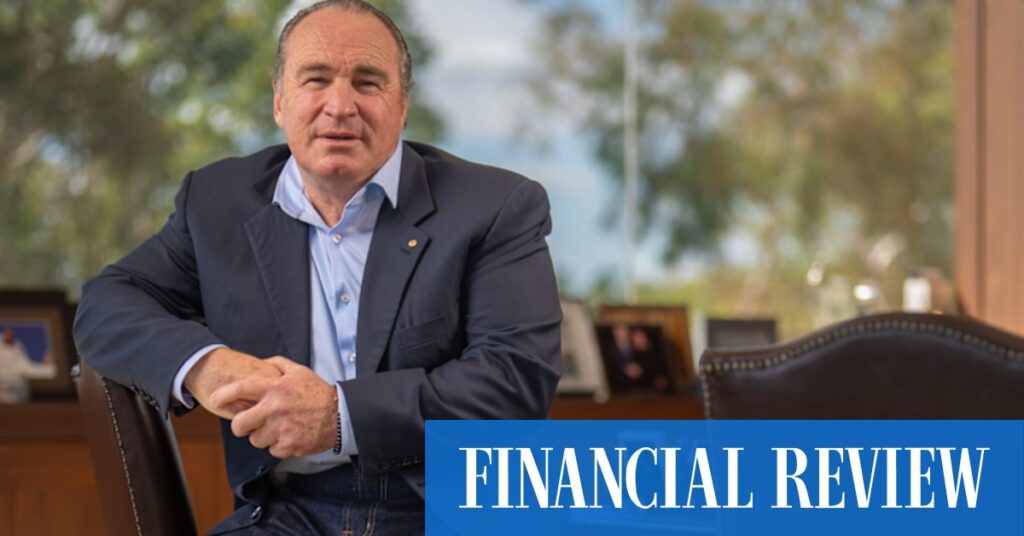
The billionaire Fox family, which controls Australia’s leading cash transport business Armaguard, has expressed concerns over the Reserve Bank of Australia’s (RBA) recent push for expanded regulatory powers. The family described the central bank’s move as “unusual” and criticized the current government’s pace in securing the future of physical currency in the country.
Peter Fox, the executive chairman of Armaguard, emphasized the family’s commitment to the cash transport sector, stating that they have no intention of selling or relinquishing management of the business, provided fair prices are maintained. “We have given no indication that we are even slightly interested in the sale or the loss of management of the business if fair prices are achieved,” he remarked.
RBA’s Regulatory Ambitions
The Reserve Bank of Australia has been seeking greater oversight of the cash transport industry, aiming to ensure the stability and security of cash distribution across the nation. This move comes amid a broader decline in cash usage, as digital payment methods continue to rise in popularity.
According to industry insiders, the RBA’s proposal includes measures that could potentially impact the operations of companies like Armaguard, which plays a crucial role in maintaining the flow of cash within the economy. The central bank argues that such powers are necessary to manage the risks associated with a diminishing cash infrastructure.
Industry Response and Government Inaction
The Fox family’s response highlights a growing tension between private enterprises and regulatory bodies over the future of cash. The family has urged the Labor government to act more decisively to protect the interests of businesses reliant on cash transactions.
Critics of the RBA’s proposal argue that increased regulation could stifle innovation and efficiency within the cash transport sector. They also point out that the government’s slow response to these developments may leave the industry vulnerable to sudden regulatory changes.
Expert Opinions
Financial analysts have weighed in on the debate, with some supporting the RBA’s call for enhanced oversight. “In an era where digital payments are becoming the norm, it’s crucial to have robust mechanisms in place to manage the decline of cash,” said Dr. Emily Carter, a financial regulation expert.
However, others caution against overregulation. “The cash transport industry has been self-regulating effectively for decades,” noted John Ellis, a senior economist. “Imposing additional layers of bureaucracy could lead to inefficiencies and increased costs for consumers.”
Historical Context and Future Implications
Historically, cash has been a cornerstone of the Australian economy, with companies like Armaguard ensuring its accessibility and security. However, the rise of digital payment platforms has significantly altered the landscape, prompting regulatory bodies to reassess their roles.
The implications of the RBA’s proposed powers could be far-reaching, potentially reshaping the cash transport industry and influencing the broader financial ecosystem. As the debate continues, stakeholders are closely monitoring the government’s next steps, which could set a precedent for future regulatory approaches.
As the situation unfolds, the Fox family remains steadfast in their commitment to Armaguard and the cash transport sector. Their stance underscores the ongoing importance of cash in certain segments of the economy, despite the digital shift.
In conclusion, the RBA’s push for more control over cash transport powers has sparked significant debate among industry leaders, government officials, and financial experts. The outcome of this regulatory discussion will likely have lasting effects on the future of cash in Australia.







